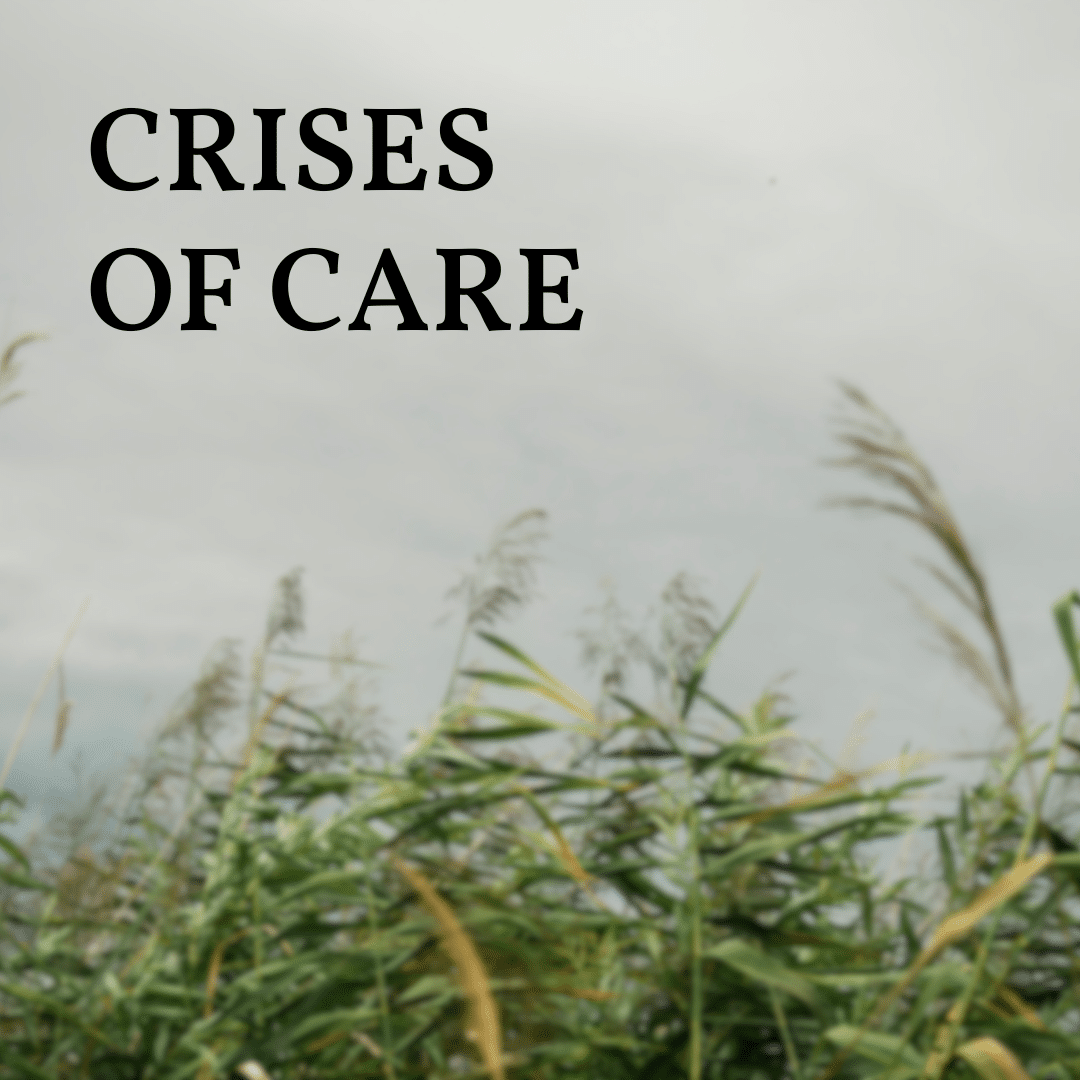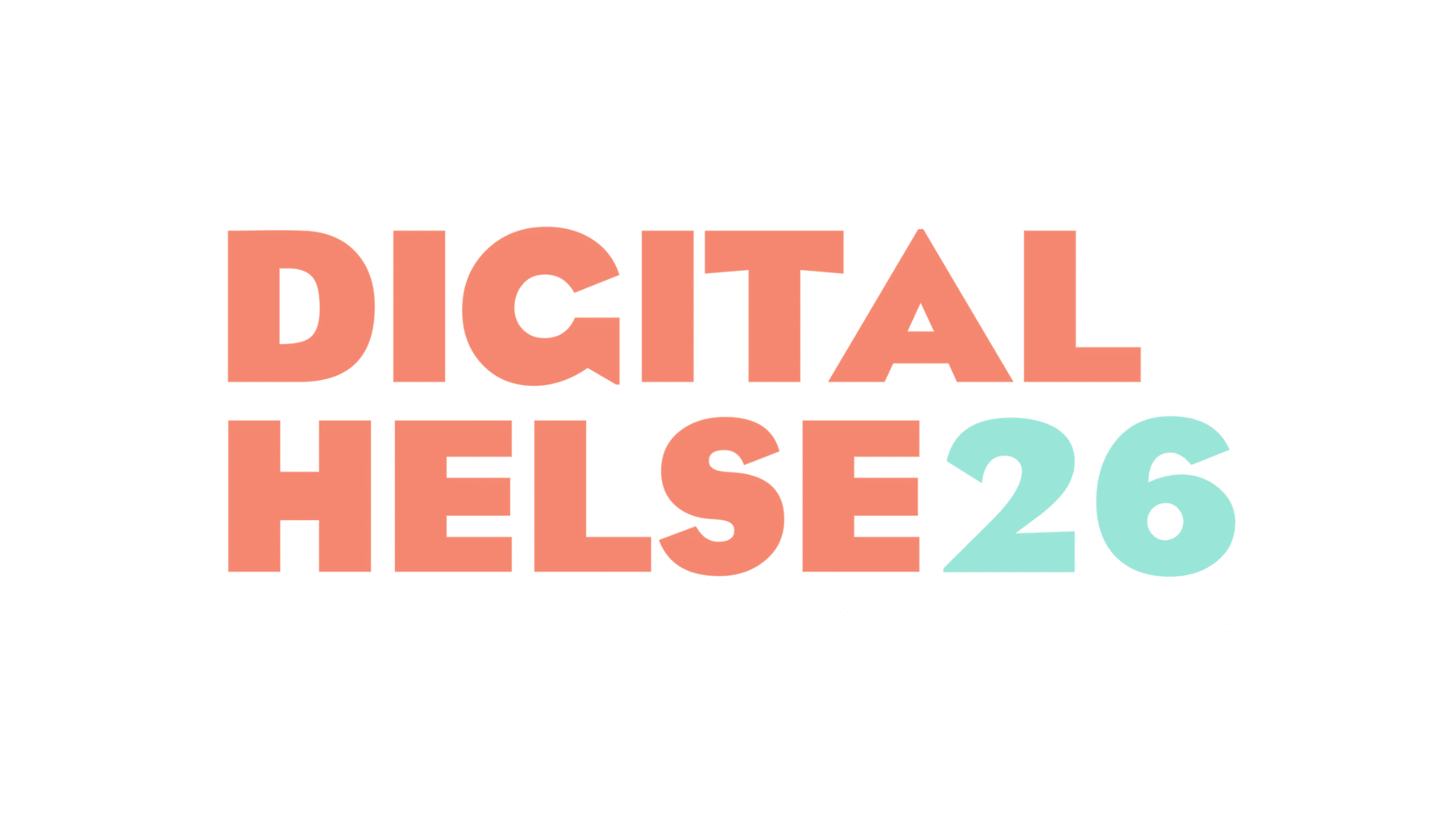Care is an essential element of any society and crucial for the maintenance of our social, economic and political institutions. Thus, care is political, and care is also work, both formal and informal, paid and unpaid, recognized and unrecognized. While care is a fundamental feature of how families, societies and economies are organized, care is largely devaluated or even neglected in social and economic policy, and therefore carries many injustices and inequalities.
Recently, there is an increasing political awareness and attention to care, and care has lately become the subject for interventions and reforms. In the US and UK context, a ‘care crisis’ is established as a problem that needs to be solved, while in the context of the Nordics problems relating to issues of care are often eclipsed by ‘other’ problems such as the demographic wave, competence in the public care services or problem with recruiting and retaining care staff.
Currently, more and more voices are raised about the crises of care – a log-term systematic crises marked by a great imbalance between the need for care and the failure of systems to provide it in fair and ethical ways. While the number of people in the world in need of care is growing, the provision of care is diminishing leaving a large deficit of care.
- Heidi Haukelien – Associate Professor at the University of Southern-Eastern Norway
- Hanne Marlene Dahl – Professor at the Roskilde University
- Halvard Vike – Professor at University of Southern-Eastern Norway
- Lise Widding Isaksen – Professor at the University of Bergen
- Anette Fagertun (moderator) – Associate Professor at Western Norway University of Applied Sciences
*Anbefalt seminar, Alrek er ikke arrangør




